EPA GHG Inventory shows US GHG down 1.7% y-o-y in 2019, down 13% from 2005
Green Car Congress
APRIL 17, 2021
Greenhouse gas emissions in 2019 (after accounting for sequestration from the land sector) were 13% below 2005 levels. The number of vehicle miles traveled (VMT) by light-duty vehicles (i.e., CO 2 emissions decreased 2.2% from 2018 to 2019, and CO 2 emissions just from fossil fuel combustion decreased 2.7% from 2018 to 2019.


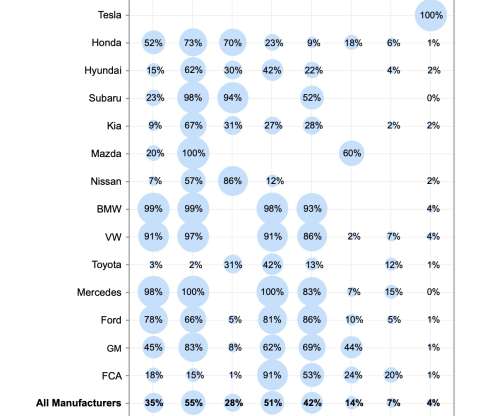
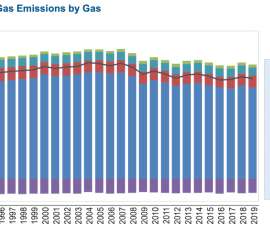
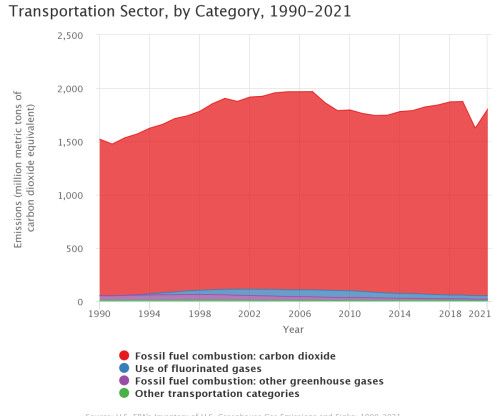






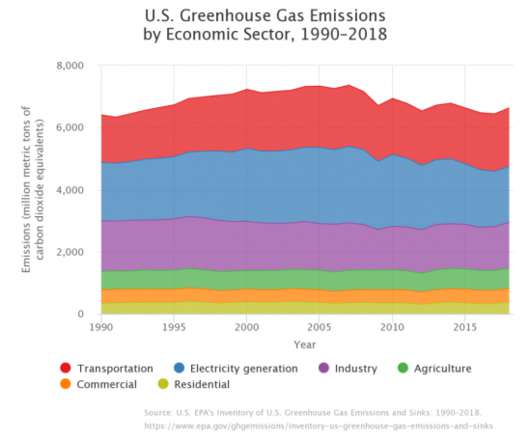












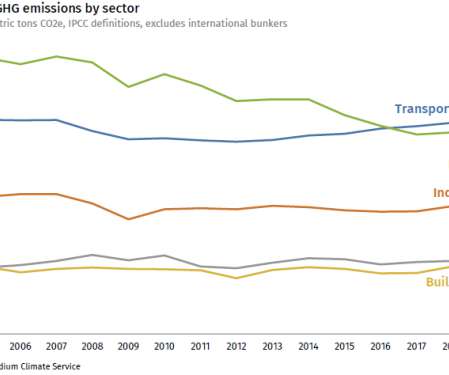




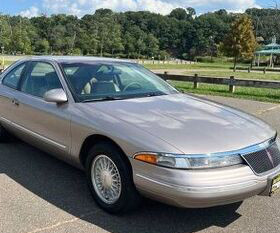











Let's personalize your content